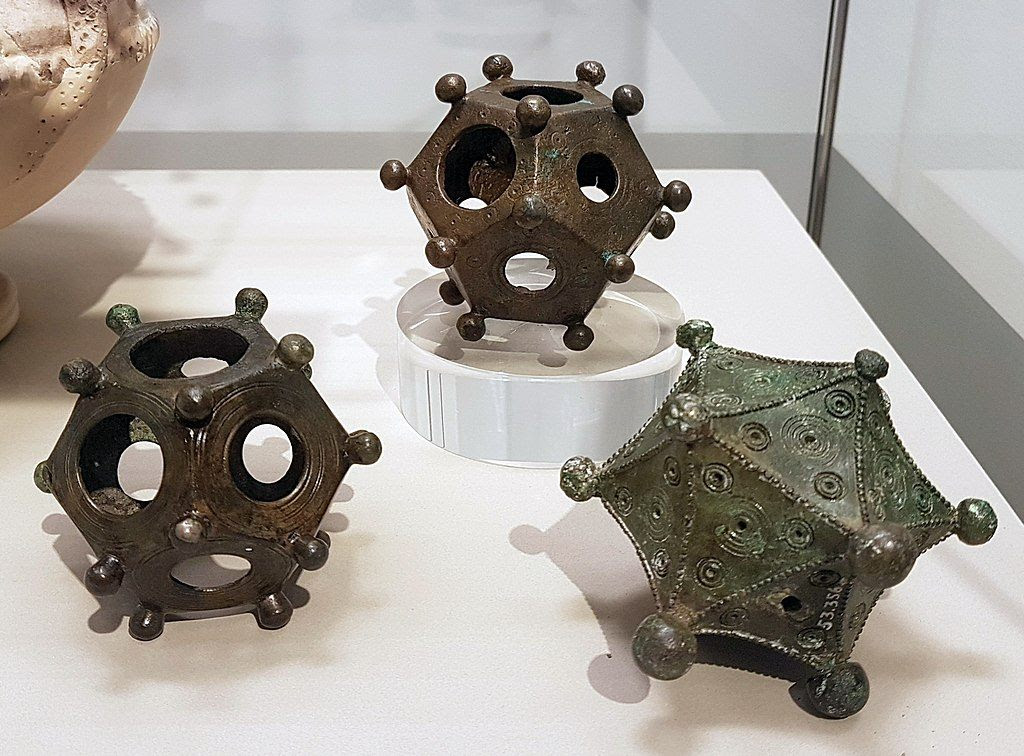Peevable words and phrases: journey
They mostly start out clever, cute, and catchy: e.g., "curated". The problem is that they soon go viral, and then just never go away, even after they have become banal and overused, as with "perfect storm":
I'm campaigning to have "perfect storm" added to peeve polls in the future. As in "at the end of the day it was a perfect storm." It's not unheard of for a book title to turn into a catch[22]phrase, and maybe perfect storm will become a permanent part of the language, but it smacks of fad to me. I feel like I hear it at least three times a week in NPR interviews.
[Comment by Dick Margulis to "'Annoying word' poll results: Whatever!" (10/9/09)]
That was 2009, but "perfect storm" is still with us, and so is "curated", which begins to appear with increasing frequency in the early 70s and really takes off in the 80s.
Now we're facing a veritable onslaught from "journey":
Read the rest of this entry »
